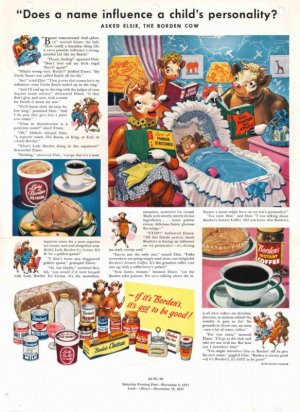Is there such a thing as improper language? A recent thread about the use of a word generally considered profane made me think about the history of "verboten" language. I bet volumes could be written on the subject.
Every century, probably every generation has its collection of words that are considered impolite or vulgar. Some are more than just impolite, they are shocking, disgusting, etc,. Yet these words keep changing. Every generation has its collection of words that many people would never use, while many others make them a frequent (sometimes endless!) part of their language. TV has exacerbated this; some channels seem unable to function without the constant use of those words.
Some words change in their ability to shock. Think of all the different kinds of references to racial and religious groups. Those words are changing all the time. Not only the mean, insulting words, even the ones considered polite keep changing.
I wonder if anyone has ever written a book about words in common use now that were considered shocking or vulgar in previous centuries, but no one even blinks an eye today when they are used. I suspect that you couldn't politely say "underwear" in the 19th century. Maybe even "childbirth." It would be a funny list to contemplate. And it probably works in reverse also. Words that were once commonly used are now considered ugly, cruel, insulting, etc.
If you would like to discuss this, please avoid being specific about the words. I think it would be OK to have a general discussion about how "proper" language changes.
Every century, probably every generation has its collection of words that are considered impolite or vulgar. Some are more than just impolite, they are shocking, disgusting, etc,. Yet these words keep changing. Every generation has its collection of words that many people would never use, while many others make them a frequent (sometimes endless!) part of their language. TV has exacerbated this; some channels seem unable to function without the constant use of those words.
Some words change in their ability to shock. Think of all the different kinds of references to racial and religious groups. Those words are changing all the time. Not only the mean, insulting words, even the ones considered polite keep changing.
I wonder if anyone has ever written a book about words in common use now that were considered shocking or vulgar in previous centuries, but no one even blinks an eye today when they are used. I suspect that you couldn't politely say "underwear" in the 19th century. Maybe even "childbirth." It would be a funny list to contemplate. And it probably works in reverse also. Words that were once commonly used are now considered ugly, cruel, insulting, etc.
If you would like to discuss this, please avoid being specific about the words. I think it would be OK to have a general discussion about how "proper" language changes.


